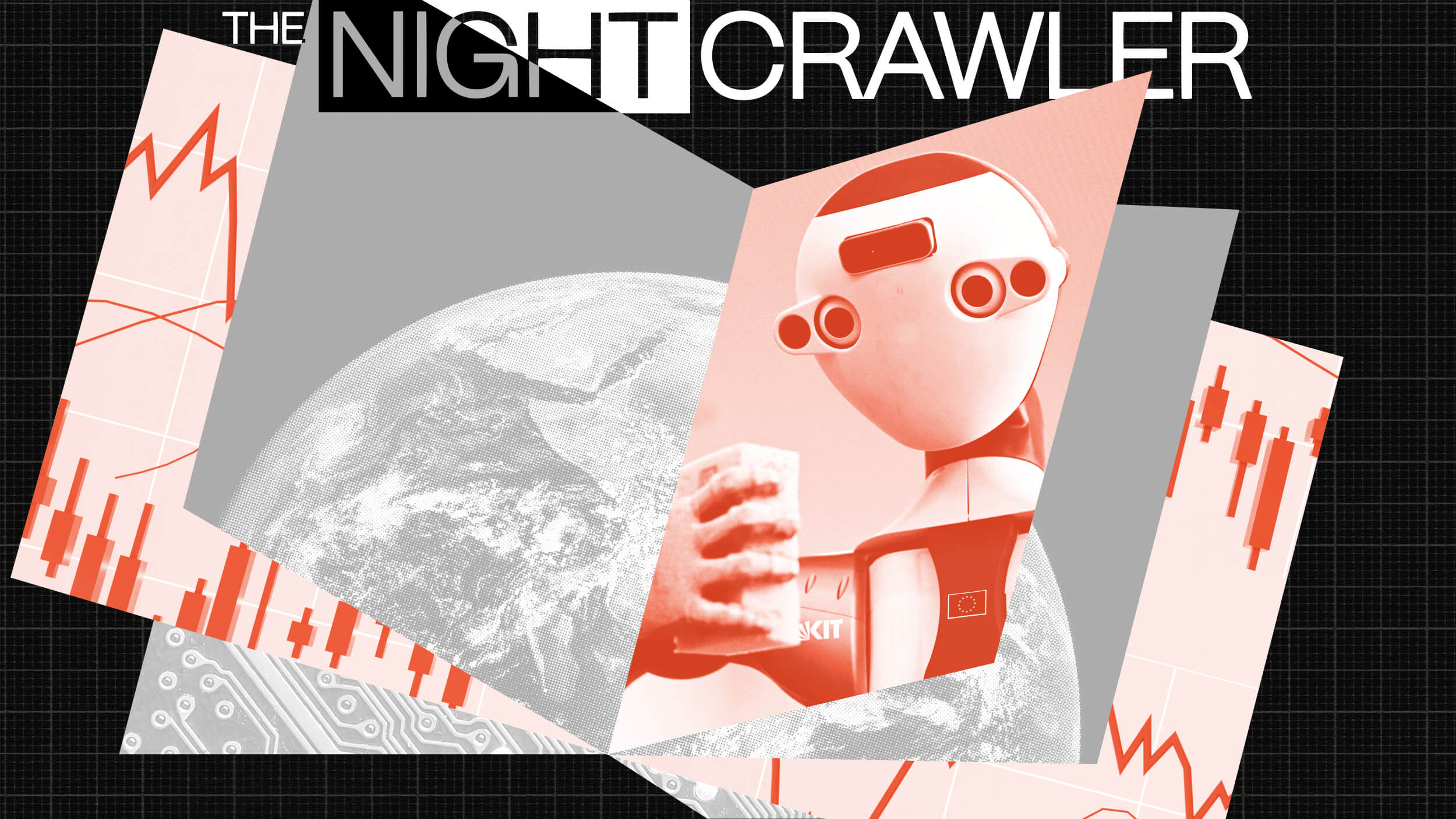The benefits of the mega-church.
Jim Wallis: I relate to all different kinds of gatherings of Christians and Jews . . . and Muslims for that matter, or even people who aren’t sure what they are, but they’re spiritual but not religious they tell me, you know. But something happened.
The two great hungers in our world are the hunger for spirituality and the hunger for social justice. And the connection between the two is the one the world is waiting for. And so I see these little intentional communities of young people in urban areas, the poorest neighborhoods. They’re tiny. They’re little. They’re living on nothing. They’re sharing what they have. They’re serving the neighborhood. They’re the furthest thing from a big, mega church.
And then I see mega churches who used to be kind of suburban filling stations for seekers and so on. But now they’re talking about Jesus. The religious right is being replaced by Jesus, which is an amazing thing. And a lot of these places that I meet now . . . places I go and pastors I meet, they’re really talking about what does it mean to follow Jesus, even from their suburban context.
So we’re going through major transformation now, and so are some of our large churches. But even the big ones generally have very active, lively, small, face-to-face groups. You’re not going to really feel a sense of community in a room with 10,000 people if that’s all you have. So even these big churches tend to have the very vibrant, flourishing small groups within your living room with, you know, 10, 12 other people talking about your faith, and how to take things deeper, and what’s required of you; and how do you make decisions about your job, your money, about your time, your vocation, your parenting, your marriage, your family – all kinds of stuff. And so how faith changes everything in our lives.
July 3, 2007





